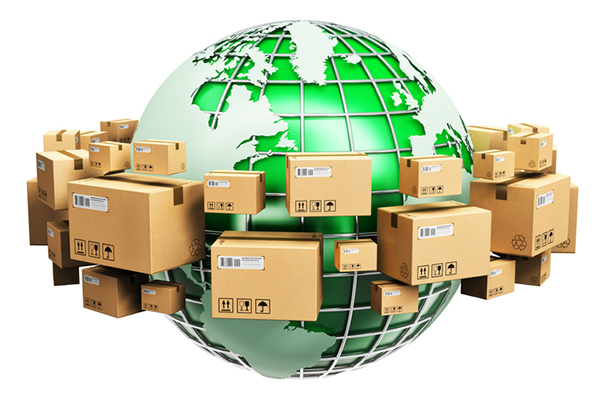Editor’s Note: Antony Lovell is VP of Applications, Vuealta
Enterprises have been eager to cut costs amid the COVID-19 pandemic, which has reduced consumer spending, limited retailer occupancy and forced virtually every business to rethink their 2020 strategy. It has been a particularly difficult period for supply chains and the global networks that support them. This has inspired business leaders to look for solutions, but has one of them been hiding in plain sight all along?
Onshoring, the practice of bringing offshored operations back home to their original country, could increase in frequency following both the U.S.-China trade war and the ongoing pandemic. Businesses have been re-examining their supply chains and have come to realize that their logistics networks may not be as resilient as they once thought. They are also looking to improve their margins, which have been reduced by the economic challenges of the current climate.
By realigning operations to bring various parts of the supply chain back home or closer to it, organizations can reduce risk and increase the likelihood that goods will arrive in a timely manner. This may also contribute to savings across the wider business. Better still, by onshoring to reduce risk within the supply chain, enterprises might actually improve their environmental footprint.
Manufacturing comes home when it’s most needed
Global supply chains allow more retailers to acquire and sell a greater number of products, including food and electronics, from all over the world. This is an important and necessary development, and the progress being made should not be ignored.
But not all global supply chains are efficient. For example, China dominates the market for personal protective equipment (PPE) including masks, but it has needed those items just as much as the rest of the world. This put a strain on global supplies, forcing many countries to find other sources, including domestic manufacturing.
After receiving two contracts with the Department of Defense worth approximately $202 million, 3M began to build equipment – needed to triple mask production – at a plant in Wisconsin. The masks themselves are being made at a plant in Aberdeen, SD. Other businesses are doing the same, relying on local manufacturers to supply important items.
What does this mean for the future? While global supply chains are still needed, we are likely to see businesses explore new ways to consolidate various parts of their supply chain. For example, they might strive to bring several, if not all, of their manufacturing stages closer together to simplify and shorten certain aspects, reducing emissions and carbon footprints in the process.
Onshoring for improved resilience and sustainability
The current climate has reminded businesses of the need to bolster their supply chains. By onshoring operations and relying on other tactics that bring supply chains closer together, organizations can improve resilience and better withstand any disruptions caused by global events. This strategy can also reduce the distance supplies must travel before reaching their end destination, along with reductions in other elements that contribute to significant emissions.
SC
MR


Latest Supply Chain News
- Despite American political environment, global geopolitical risks may be easing
- Joseph Esteves named CEO of SGS Maine Pointe
- Employees, employers hold divergent views on upskilling the workforce
- April manufacturing output slides after growing in March
- Q1 sees a solid finish with positive U.S.-bound import growth, notes S&P Global Market Intelligence
- More News
Latest Podcast

 Explore
Explore
Business Management News
- Joseph Esteves named CEO of SGS Maine Pointe
- Employees, employers hold divergent views on upskilling the workforce
- April manufacturing output slides after growing in March
- Q1 sees a solid finish with positive U.S.-bound import growth, notes S&P Global Market Intelligence
- 6 Questions With … Sandeep Bhide
- MIT CTL offering humanitarian logistics course
- More Business Management
Latest Business Management Resources

Subscribe

Supply Chain Management Review delivers the best industry content.

Editors’ Picks





